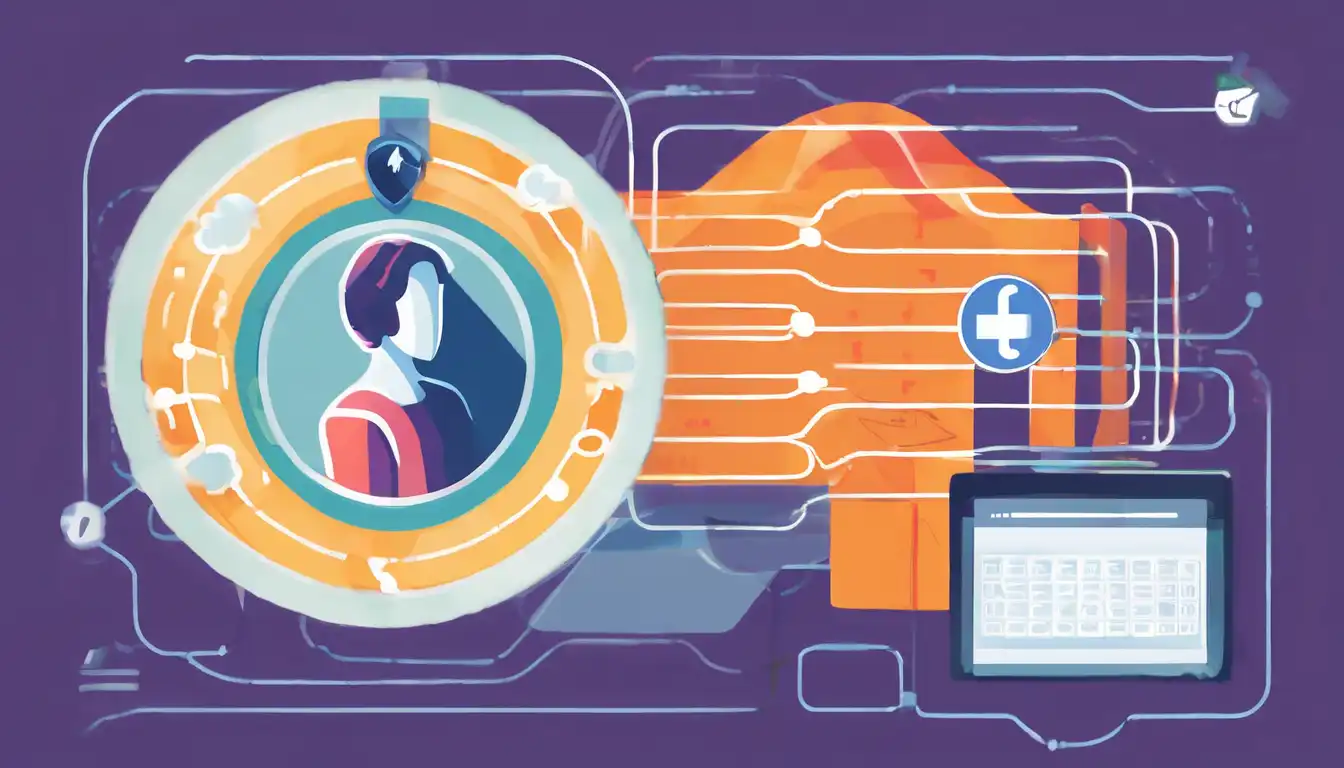Why VPNs Are Crucial for Online Privacy
In today's digital age, protecting your online privacy has never been more important. With cyber threats on the rise, a Virtual Private Network (VPN) serves as a critical tool in safeguarding your internet connection. This guide will explore the ins and outs of VPNs and how they contribute to your online privacy.
What Is a VPN?
A VPN is a service that encrypts your internet connection and hides your IP address, making your online actions virtually untraceable. This not only secures your data from hackers but also allows you to browse the internet anonymously.
How Does a VPN Protect Your Privacy?
By routing your connection through a secure server, a VPN masks your online identity, ensuring that your personal information, browsing habits, and location remain private. This is especially important when using public Wi-Fi networks, which are often unsecured and vulnerable to cyber attacks.
Choosing the Right VPN for Your Needs
Not all VPNs are created equal. When selecting a VPN, consider the following factors:
- Security Features: Look for VPNs with strong encryption protocols and a no-logs policy.
- Server Locations: More server locations mean better speed and access to geo-restricted content.
- Speed: A good VPN should offer fast connection speeds without significant lag.
- Compatibility: Ensure the VPN is compatible with all your devices.
The Role of VPNs in Bypassing Geo-Restrictions
One of the added benefits of using a VPN is the ability to access content that may be restricted in your region. By connecting to a server in a different country, you can enjoy a wider range of streaming services, websites, and online resources.
Common Misconceptions About VPNs
Despite their growing popularity, there are still many misconceptions about VPNs. Here are a few myths debunked:
- VPNs Are Only for Tech Savvy Users: Modern VPNs are user-friendly and can be easily set up by anyone.
- VPNs Slow Down Your Internet: While some speed reduction is inevitable, premium VPNs minimize this impact.
- VPNs Are Illegal: In most countries, using a VPN is perfectly legal, though it's important to use them responsibly.
Final Thoughts on VPNs and Online Privacy
In conclusion, a VPN is an essential tool for anyone looking to enhance their online privacy and security. By understanding how VPNs work and choosing the right one, you can protect your digital footprint and enjoy a safer internet experience. For more insights on internet security, check out our guide on Internet Security Basics.
